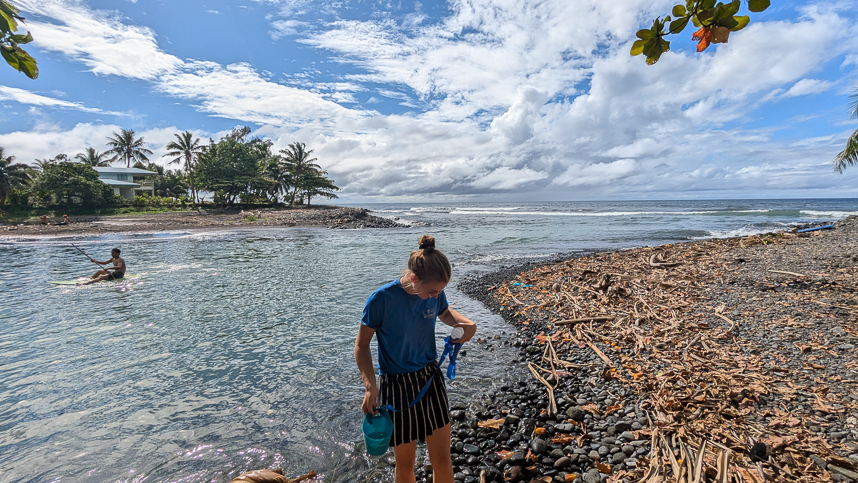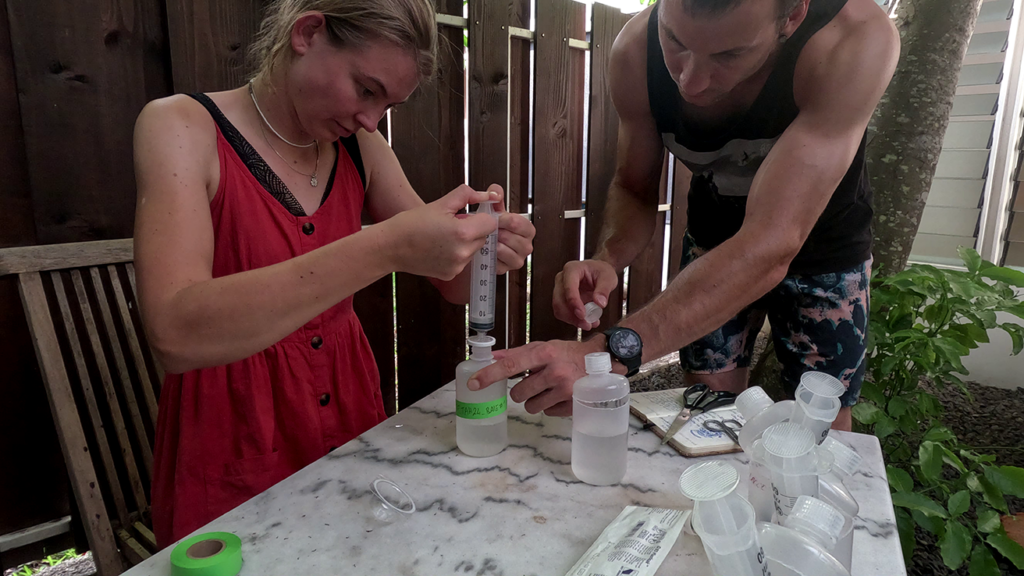When we talk about tropical climate variability and coral reefs, it’s easy to get caught up in the science or the stunning underwater photos. But behind every discovery, there’s a person; often a young scientist at the very start of their career, full of ideas and curiosity, but facing a daunting landscape of funding gaps and limited opportunities.
Within the Deutsche Forschungsgemeinschaft (DFG, German Research Foundation) Priority Programme “Tropical Climate Variability and Coral Reefs – A Past to Future Perspective on Current Rates of Change at Ultra-High Resolution” (SPP 2299), we made it a priority to support these early career researchers (ECRs), and we want to share a bit about why that matters and what we’ve seen over the past three years.
Why Focus on ECRs?
Let’s be honest, a research career can feel overwhelming. There’s so much to learn, and often, not enough resources to go around. For those working on tropical climate and coral reefs, the challenges are often large, with field sites far away, collaborations often international, and the questions are complex, requiring a wide breadth of knowledge.
That’s where our ECR mobility scholarships come in. We set these up to give young researchers in our programme the chance to travel, connect, and get hands-on experience. For most of our ECRs, they’re working on projects designed by their supervisors; these mobility scholarships provide a unique opportunity to begin developing their own ideas and progress their science in new and exciting directions. It’s about more than just funding a trip—it’s about opening doors, building confidence, and allowing ECRs to carve out their own scientific paths.
What Have We Achieved?
Over the last three years, we’ve awarded eight mobility scholarships. Each one has been a small adventure, both for the recipient and for us as a community. Our ECRs have travelled to partner labs, led field campaigns, and learnt new techniques. They’ve come back with new skills, fresh ideas to contribute within our programme, and maybe most importantly, a sense of belonging in the global research community.
A Few Highlights
One of our first recipients, Sahra Greve, a PhD researcher from the University of Heidelberg, spent several months preparing and then led her first field expedition to Tahiti to collect groundwater samples and explore a new way to reconstruct changes in rainfall. She gained valuable experience in running a full field trip, from organising sites, learning collection techniques and learning valuable communication skills with experts across interdisciplinary fields. She told us that seeing the reefs firsthand and working with local scientists changed her whole perspective, not just on her research, but on how science can make a difference for people and ecosystems.
Among field trips, early career researchers applied for the Mobility Scholarships to complete exciting and innovative analysis at external laboratories, mostly internationally. Some recipients travelled to the United Kingdom, while two travelled to the United States to complete an analysis not possible within their current networks in Germany. This independent experience to apply for funding, expand networks and gain additional skills will be invaluable to these early career researchers going forward.



Why Does This Matter?
Supporting ECRs isn’t just a nice thing to do, it’s essential. The big questions in climate and reef science need fresh perspectives and international teamwork. By investing in young researchers, we’re helping to build a more resilient, innovative, and connected scientific community. And ultimately, that benefits all of us, whether we live near a coral reef or not.
Looking Ahead
We’re proud of what our ECRs have achieved during phase 1 of the SPP 2299 programme, and are excited to follow them all into their next stages. With every new scholar, we see the ripple effects: stronger science, deeper international cooperation, and a brighter outlook for our planet’s reefs and climate.
If you’re interested in following their journeys, or if you want to find out more about our work, keep an eye on our website and social media! We have shared several research stories, publications, photos, and maybe even a few sneaky travel tips along the way.
Thanks for reading, and thanks for supporting the next generation of climate and coral reef scientists!
Blog written by Jessica Hargreaves, Images by Sahra Greve.
